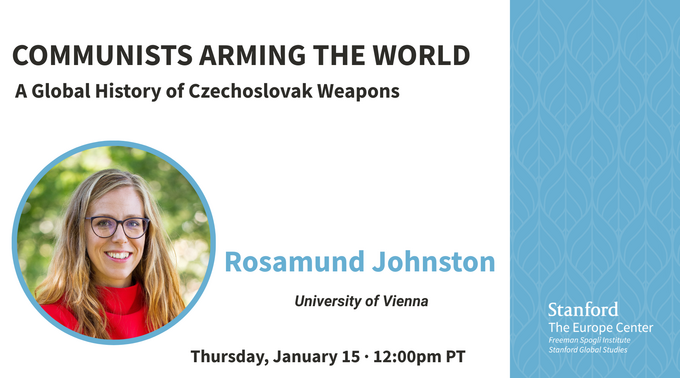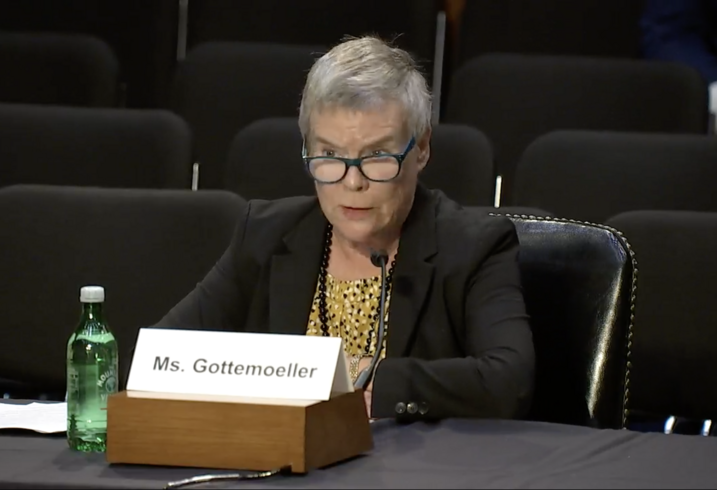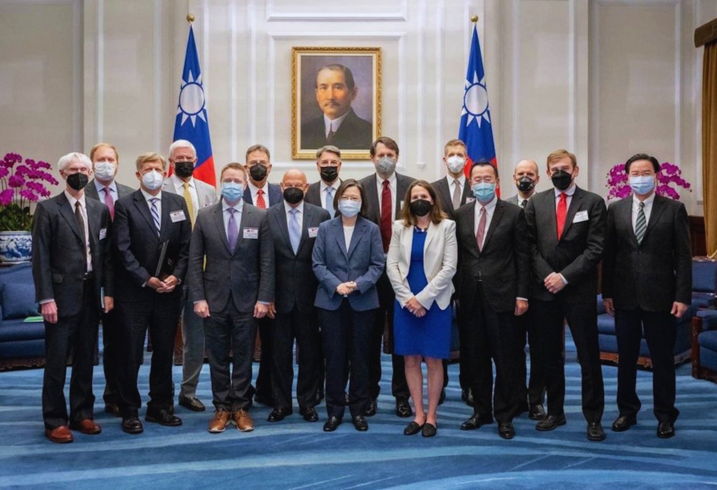CISAC Scientists Join Open Letter to Obama on Iran
Three CISAC scientists have joined 26 of the nation’s top nuclear experts to send an open letter to President Obama in support of the Iran deal struck in July.
“The Joint Comprehensive Plan of Action (JCPOA) the United States and its partners negotiated with Iran will advance the cause of peace and security in the Middle East and can serve as a guidepost for future non-proliferation agreements,” the group of renowned scientists, academics and former government officials wrote in the letter dated August 8, 2015.
“This is an innovative agreement, with much more stringent constraints than any previously negotiated non-proliferation framework.”
CISAC senior fellow and former Los Alamos National Laboratory director Sig Hecker is a signatory to the letter, along with CISAC co-founder Sid Drell, and cybersecurity expert and CISAC affiliate Martin Hellman.
Six Nobel laureates also signed, including FSI senior fellow by courtesy and former Stanford Linear Accelerator director Burton Richter.
The letter arrives at a crucial time for the Obama administration as it rallies public opinion and lobbies Congress to support the Iran agreement.
You can read the full letter along with analysis from the New York Times at this link.






![Rose Gottemoeller [left] stands with Hillary Clinton [right] in the Treaty Room at the U.S. Department of State in Washington D.C.](https://fsi9-prod.s3.us-west-1.amazonaws.com/s3fs-public/styles/680x378/public/2022-12/gottemoeller_clinton_state_department_policy_flikr_hero.png?itok=nhZBZm70)

















